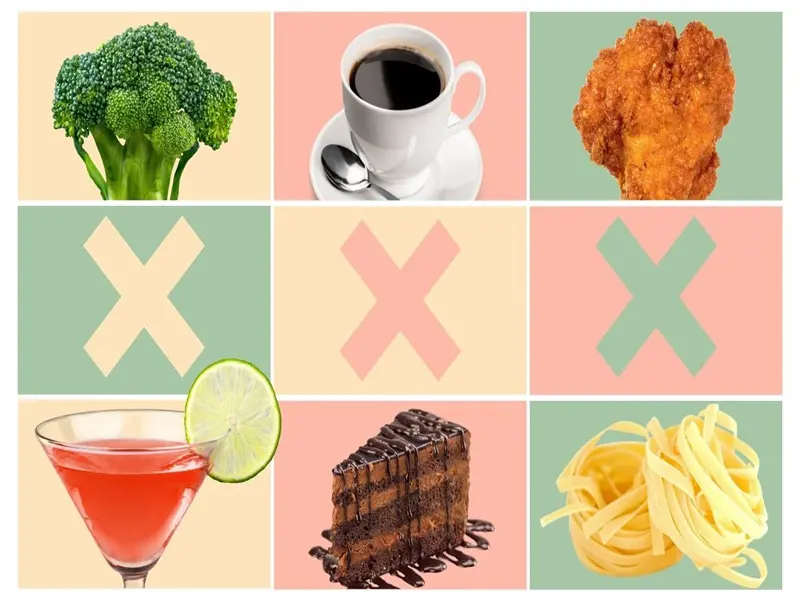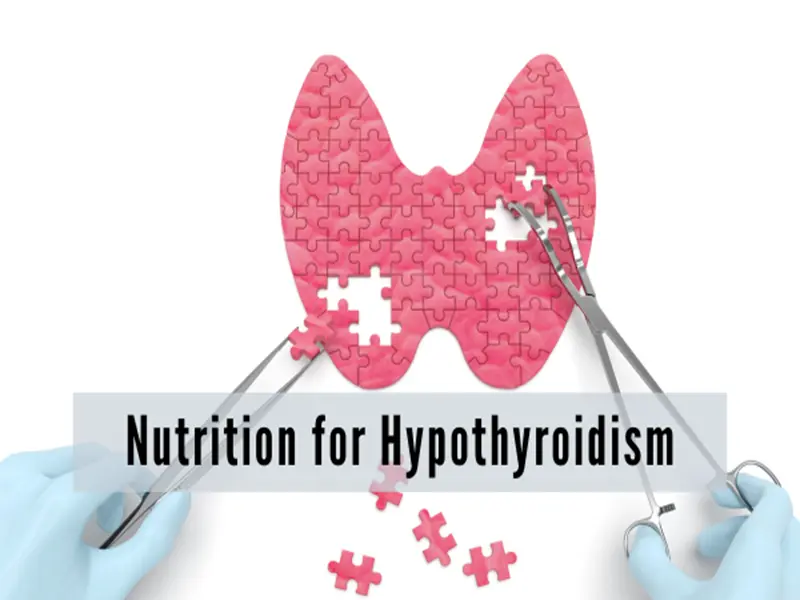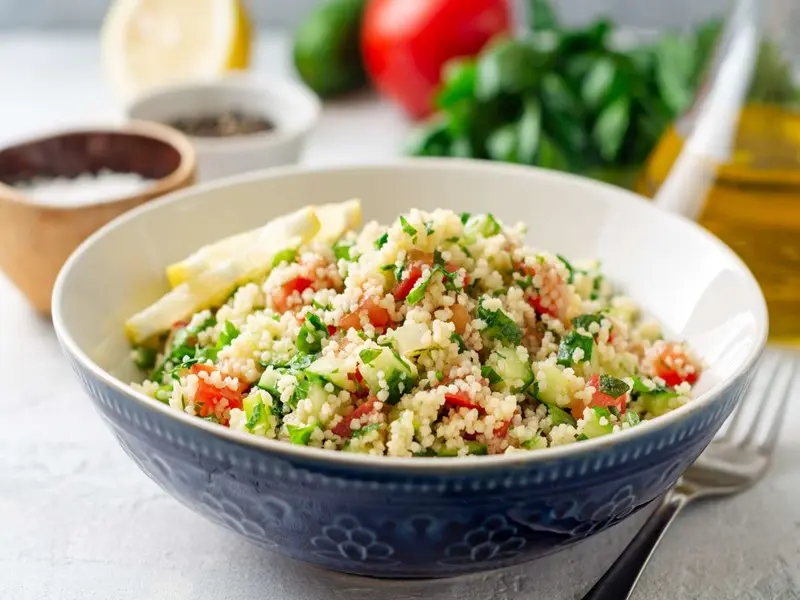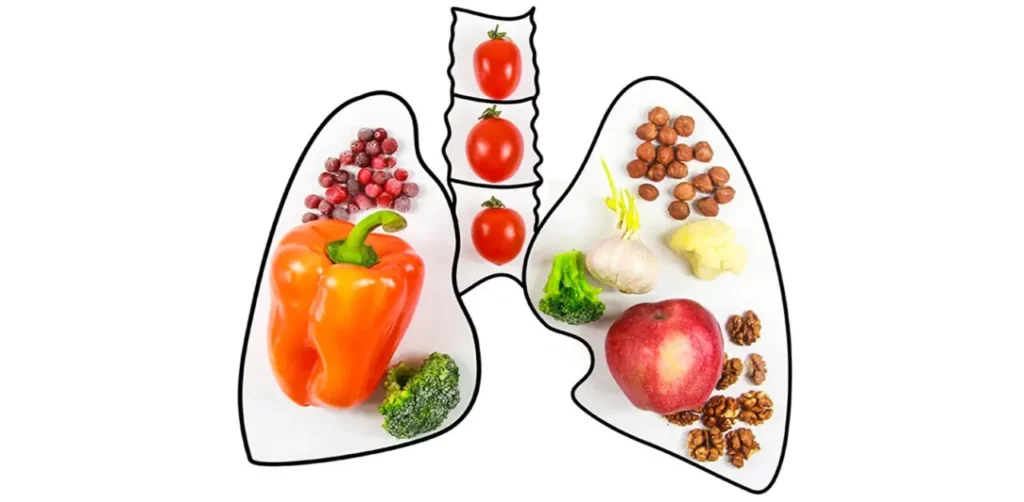Living with an underactive thyroid, also known as hypothyroidism, requires careful attention to diet and lifestyle. The thyroid gland, a small butterfly-shaped organ in your neck, plays a crucial role in regulating metabolism, energy levels, and overall health. When the thyroid doesn’t produce enough hormones, your body’s metabolism slows down, leading to symptoms like fatigue, weight gain, and depression.
Fortunately, by making informed dietary choices, you can manage hypothyroidism more effectively. This blog will guide you through the essential aspects of a hypothyroidism diet, including foods to avoid, nutritional strategies for better management, and hypothyroidism-friendly meals to help you feel your best.
Understanding Hypothyroidism and Its Impact on Nutrition
Hypothyroidism affects millions of people worldwide, and while medication is often necessary, diet plays a significant role in managing symptoms.
Certain nutrients support thyroid health, while others may interfere with thyroid function, making it essential to know which foods to focus on. Understanding these dietary needs is the first step toward better health.
Hypothyroidism Diet: What You Need to Know
A well-balanced hypothyroidism diet should focus on supporting thyroid function and overall well-being. This means incorporating foods rich in specific nutrients that the thyroid needs to produce hormones. It also involves avoiding foods that can hinder thyroid function or exacerbate symptoms.
Best Foods for Hypothyroidism
- Iodine-Rich Foods: Iodine is essential for thyroid hormone production. Incorporate foods like seaweed, iodized salt, and dairy products to ensure you’re getting enough iodine.
- Selenium-Rich Foods: Selenium is another critical nutrient for thyroid health. Brazil nuts, sunflower seeds, and fish like tuna and sardines are excellent sources.
- Zinc-Rich Foods: Zinc supports thyroid function and helps the body convert thyroid hormones. Include foods like shellfish, chicken, and legumes in your diet.
- Fruits and Vegetables: Fresh fruits and vegetables are rich in antioxidants and fiber, which can help manage weight and support overall health. Focus on non-goitrogenic options like berries, tomatoes, and carrots.
- Lean Proteins: Protein is vital for maintaining muscle mass and metabolism. Opt for lean proteins such as chicken, turkey, eggs, and plant-based options like lentils and beans.
- Vitamin D Sources: Vitamin D deficiency is common in those with thyroid disorders. Fatty fish, fortified dairy products, and sunlight exposure are excellent ways to boost vitamin D levels, which may support immune health.
- Whole Grains in Moderation: Whole grains like oats, brown rice, and quinoa provide fiber, which helps manage weight and support digestive health. However, be mindful of fiber intake if taking thyroid medication, as high-fiber diets may reduce absorption.

Foods to Avoid with Hypothyroidism
While some foods support thyroid health, others can be detrimental, particularly if consumed in large quantities. Here are some foods to watch out for:
- Goitrogens: Certain vegetables, such as broccoli, cauliflower, and cabbage, contain goitrogens, which can interfere with thyroid hormone production. While these foods are healthy, it’s best to consume them in moderation or cook them to reduce their goitrogenic effects.
- Soy Products: Soy contains compounds that can interfere with the absorption of thyroid medication. Limit your intake of soy-based foods, including tofu, soy milk, and edamame.
- Gluten: For those with autoimmune thyroid conditions like Hashimoto’s disease, gluten can be problematic. Consider a gluten-free diet if you have sensitivities.
- Processed Foods: High in refined sugars and unhealthy fats, processed foods can lead to weight gain and inflammation, exacerbating hypothyroidism symptoms.
- Sugary Foods and Beverages: Excess sugar can lead to weight gain, which is already a challenge for those with hypothyroidism. Limit your intake of sweets, sugary drinks, and desserts.

Hypothyroidism Nutrition Tips for Better Management
- Eat Smaller, Frequent Meals: Eating smaller meals more frequently can help stabilize blood sugar levels and keep your energy up throughout the day.
- Stay Hydrated: Drinking plenty of water is essential for overall health and can help combat fatigue, a common symptom of hypothyroidism.
- Incorporate Omega-3 Fatty Acids: Omega-3s, found in fish like salmon and flaxseeds, have anti-inflammatory properties and support heart health.
- Focus on Whole Foods: Whole, unprocessed foods are the cornerstone of a healthy diet. They provide essential nutrients without the added sugars and unhealthy fats found in processed options.
- Avoid Crash Diets: Rapid weight loss can slow down your metabolism even more. Focus on gradual, sustainable changes instead.
- Timing of Meals and Medications: Take thyroid medication on an empty stomach, ideally in the morning, and avoid consuming calcium or iron-rich foods for several hours afterward, as they can interfere with absorption.
- Exercise Regularly: Exercise can help boost metabolism, support cardiovascular health, and manage weight. Aim for a combination of strength training and aerobic exercises to improve energy levels and reduce symptoms.

Hypothyroidism-Friendly Recipes and Meal Ideas
Creating meals that cater to hypothyroidism doesn’t have to be complicated. Here are some hypothyroidism friendly recipes and meal ideas to inspire your daily menu:
- Breakfast: A smoothie made with spinach, flaxseed, almond milk, and a handful of berries for an antioxidant boost.
- Lunch: A salad with leafy greens, grilled chicken, avocado, sunflower seeds, and a lemon-tahini dressing.
- Dinner: Baked salmon with a side of steamed asparagus and quinoa, drizzled with a garlic and lemon sauce.
- Snacks: Sliced apple with almond butter or a small handful of Brazil nuts for a selenium boost.
- Dessert: A chia pudding made with coconut milk, vanilla extract, and a touch of honey.
- Pre-Bedtime Snack: An anti-inflammatory smoothie with turmeric, ginger, almond milk, and a sprinkle of cinnamon, which can help with relaxation and support metabolic health overnight.
Hypothyroidism Nutrition Therapy: Personalized Support for Optimal Health
For those struggling with managing hypothyroidism through diet alone, nutrition therapy might be beneficial. Working with a dietitian who understands thyroid conditions can help you develop a personalized eating plan that addresses your specific needs. Nutrition therapy for hypothyroidism focuses on optimizing your diet to improve thyroid function, manage weight, and enhance your overall quality of life.
Exploring Low-Inflammation Diets: For autoimmune-related hypothyroidism, like Hashimoto’s, a low-inflammation diet may help reduce thyroid antibody levels. This approach includes anti-inflammatory foods while avoiding processed and sugar-laden options that might trigger inflammation.
Diet for Hypothyroidism Control
Managing hypothyroidism isn’t just about avoiding certain foods; it’s about making proactive choices that support your health. By focusing on nutrient-dense foods, staying hydrated, and being mindful of how different foods affect your thyroid, you can take control of your condition and improve your well-being.
Order Hypothyroidism-Friendly Meals with IntRest
Managing hypothyroidism through diet can be challenging, but you don’t have to do it alone. With IntRest, you can easily order healthy food tailored to your specific needs. Whether you’re dealing with hypothyroidism, following a particular diet, or managing allergies, IntRest categorizes restaurant menus to help you find meals that suit your lifestyle. Explore hypothyroidism friendly options and take the guesswork out of eating healthy.



